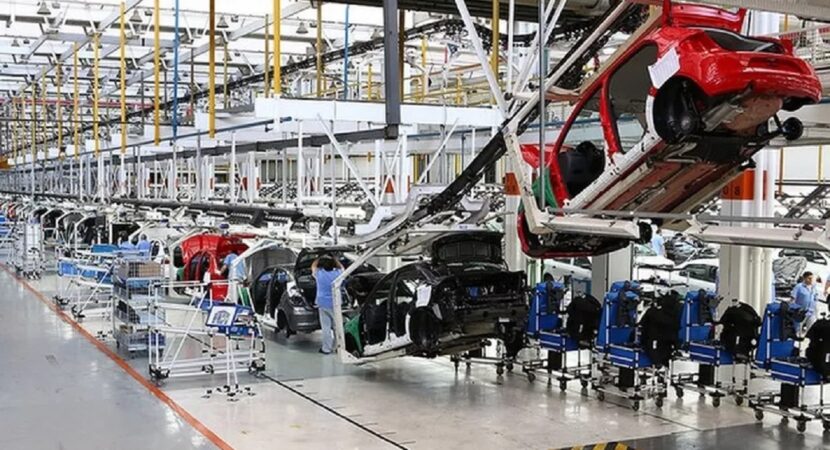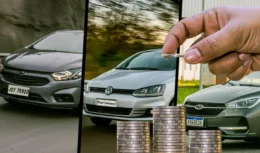
The multinational Volkswagen is investing in biomethane together with Raízen in its factories in the state of São Paulo. The initiative aims to reduce the company's CO₂ emissions.
About four months ago, the Volkswagen entered into an agreement with Bradesco for a bank debt linked to commitments to the practice of environmental, social and corporate governance (ESG), which involves the reduction in fossil CO₂ emissions from its industrial operations. A few weeks ago, Raízen announced the installation of a new biogas plant in Piracicaba (SP). This unit will produce the biomethane that the multinational Volkswagen is committed to purchasing in order to start replacing fossil gas at two units in the State of São Paulo, Taubaté and São Bernardo do Campo.
Biomethane production should start next year
ESG practice has changed the relationship between companies. At the same time that it approaches sectors that previously did not have common interests, it provokes new discussions between companies that already had agreements.
The commitments assumed by two companies, Volkswagen and Yara, one of the largest fertilizer producers in the world, for the use of renewable energy, will support the initial phase of operation of Raízen's new biomethane plant. The multinational Volkswagen and Yara will each be responsible for half of the biomethane production in Piracicaba, scheduled to start next year.
In the case of Volkswagen, according to the company, the use of biomethane will reduce CO₂ emissions by more than 90% compared to natural gas. The Taubaté and São Bernardo units together will use more than 50 cubic meters of biomethane per day, starting in 2023 and 2024, respectively. Therefore, both will stop emitting around 19 thousand tons of CO₂ of fossil origin per year.
Biomethane will be produced from agricultural waste
Pablo Di Si, president of the multinational in Latin America, recalls that the vehicle painting area mainly operates with natural gas.
According to the company, the same duct used by With gas currently to take the gas to these facilities will be used to transport biomethane, which, in the case of Raízen, will be generated from agricultural waste, in an industrial park, where the company already has an ethanol plant. Di Si claims to be fascinated with what he has learned about ethanol since he began researching the fuel three years ago.
In the case of biomethane acquired by Volkswagen, the first automaker to announce the use of this type of fuel, the extraction will be through vinasse, residue obtained after distillation of sugarcane juice, and the so-called filter cake, an organic compound that comes out of broth filtration.
Brazil can gain a prominent position using ethanol
According to the director of the multinational, some 20 years ago, ethanol bagasse was wasted. The executive is one of the leaders of the movement that plans to make the country a center for the development of hybrid vehicles powered by ethanol.
For him, the specialty in sugarcane derivatives can lead Brazil to prominent positions at a time when developed countries are focusing on fully electric cars. Volkswagen's project to use biomethane starts with the factories in São Paulo due to the structure planned by root and Comgás. However, according to the executive, the automaker is already studying a plan for the São José dos Pinhais (PR) unit.
The multinational announced a commitment to, by 2024, transfer 12% of CO₂ emissions from fossil sources to biogenic ones, and expand the share of fuel to 20% of the total gas consumed in units in the region.











